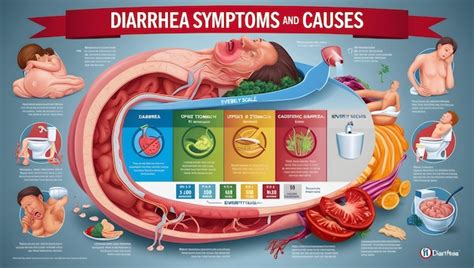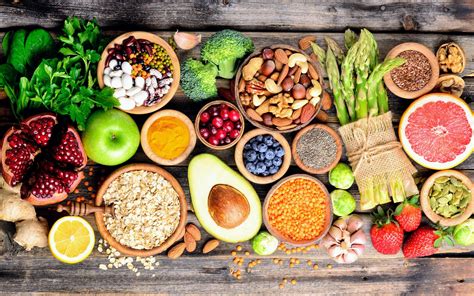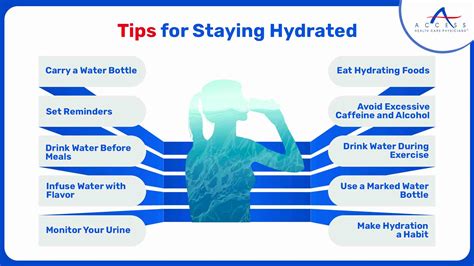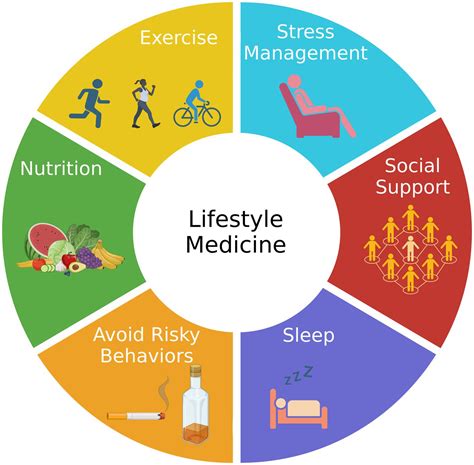Intro
Manage diarrhea with 5 expert anti-diarrheal tips, including natural remedies, dietary changes, and hydration methods to alleviate symptoms and prevent dehydration, using anti-diarrheal medications and probiotics for gut health.
Diarrhea is a common health issue that affects millions of people worldwide. It can be caused by a variety of factors, including bacterial and viral infections, food poisoning, and underlying medical conditions. Diarrhea can lead to dehydration, electrolyte imbalances, and other complications if left untreated. In this article, we will discuss 5 anti-diarrheal tips that can help alleviate symptoms and prevent complications.
Diarrhea can be a debilitating condition that disrupts daily life. It can cause abdominal cramps, bloating, and frequent trips to the bathroom. In severe cases, diarrhea can lead to life-threatening complications, such as dehydration and electrolyte imbalances. Therefore, it is essential to take prompt action to manage symptoms and prevent complications.
The good news is that there are several anti-diarrheal tips that can help alleviate symptoms and prevent complications. These tips include dietary changes, lifestyle modifications, and natural remedies. By incorporating these tips into your daily routine, you can reduce the frequency and severity of diarrhea episodes and improve your overall health.
Understanding Diarrhea

Types of Diarrhea
There are several types of diarrhea, including acute and chronic diarrhea. Acute diarrhea is a short-term condition that lasts for less than two weeks, while chronic diarrhea is a long-term condition that lasts for more than two weeks. Acute diarrhea is often caused by bacterial and viral infections, while chronic diarrhea is often caused by underlying medical conditions, such as irritable bowel syndrome (IBS) and inflammatory bowel disease (IBD).Dietary Changes

Foods to Avoid
There are also several foods that can exacerbate diarrhea symptoms. These foods include spicy foods, fatty foods, and high-fiber foods. Spicy foods can irritate the stomach and intestines, making diarrhea symptoms worse. Fatty foods can slow down digestion and make it harder for the body to absorb nutrients. High-fiber foods can be difficult to digest and may worsen diarrhea symptoms.Staying Hydrated

Importance of Electrolytes
Electrolytes are essential minerals that help regulate fluid balance in the body. They include sodium, potassium, and chloride. During diarrhea, the body loses electrolytes, which can lead to imbalances and complications. To replace lost electrolytes, it is essential to consume electrolyte-rich beverages and foods, such as bananas (potassium), avocados (potassium), and nuts (magnesium).Natural Remedies

Probiotics and Diarrhea
Probiotics are beneficial bacteria that can help restore the balance of gut bacteria and alleviate diarrhea symptoms. They can be found in fermented foods, such as yogurt, kefir, and sauerkraut. Probiotics can also be taken as supplements, which can be found in health food stores and online.Lifestyle Modifications

Importance of Sleep
Sleep is essential for overall health, including digestive health. During sleep, the body repairs and regenerates damaged cells, including those in the digestive tract. Sleep can also help alleviate stress, which can exacerbate diarrhea symptoms. To get enough sleep, it is essential to establish a consistent sleep schedule and create a sleep-conducive environment, such as keeping the bedroom cool, dark, and quiet.Conclusion and Next Steps

We encourage you to share your experiences and tips for managing diarrhea in the comments section below. Your input can help others who are struggling with this condition. Additionally, if you have any questions or concerns, please do not hesitate to ask. We are here to help.
What are the most common causes of diarrhea?
+Diarrhea can be caused by bacterial and viral infections, food poisoning, and underlying medical conditions, such as irritable bowel syndrome (IBS) and inflammatory bowel disease (IBD).
How can I prevent dehydration when I have diarrhea?
+To prevent dehydration, it is essential to drink plenty of fluids, such as water, clear broths, and electrolyte-rich beverages like coconut water and sports drinks.
What are some natural remedies for diarrhea?
+Some natural remedies for diarrhea include probiotics, ginger, and peppermint oil. These remedies can help alleviate diarrhea symptoms and prevent complications.
Can stress exacerbate diarrhea symptoms?
+Yes, stress can exacerbate diarrhea symptoms. To manage stress, it is essential to practice relaxation techniques, such as meditation and deep breathing.
How can I manage diarrhea symptoms during travel?
+To manage diarrhea symptoms during travel, it is essential to stay hydrated, avoid contaminated foods and water, and practice good hygiene, such as washing your hands frequently.
